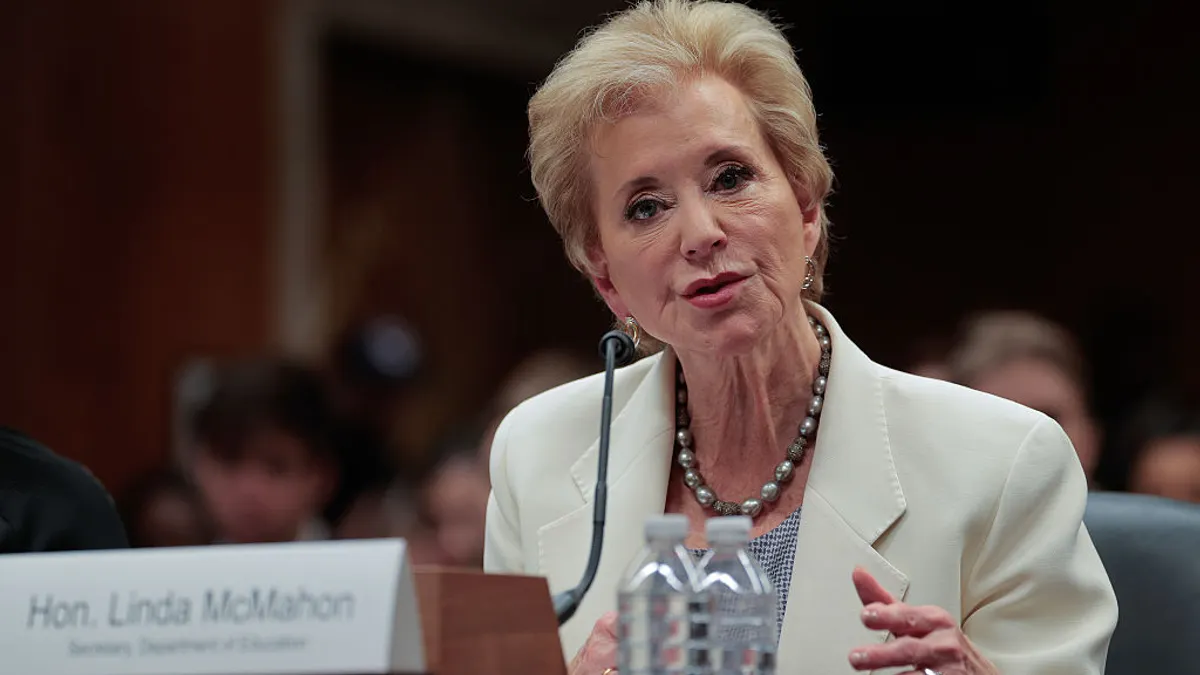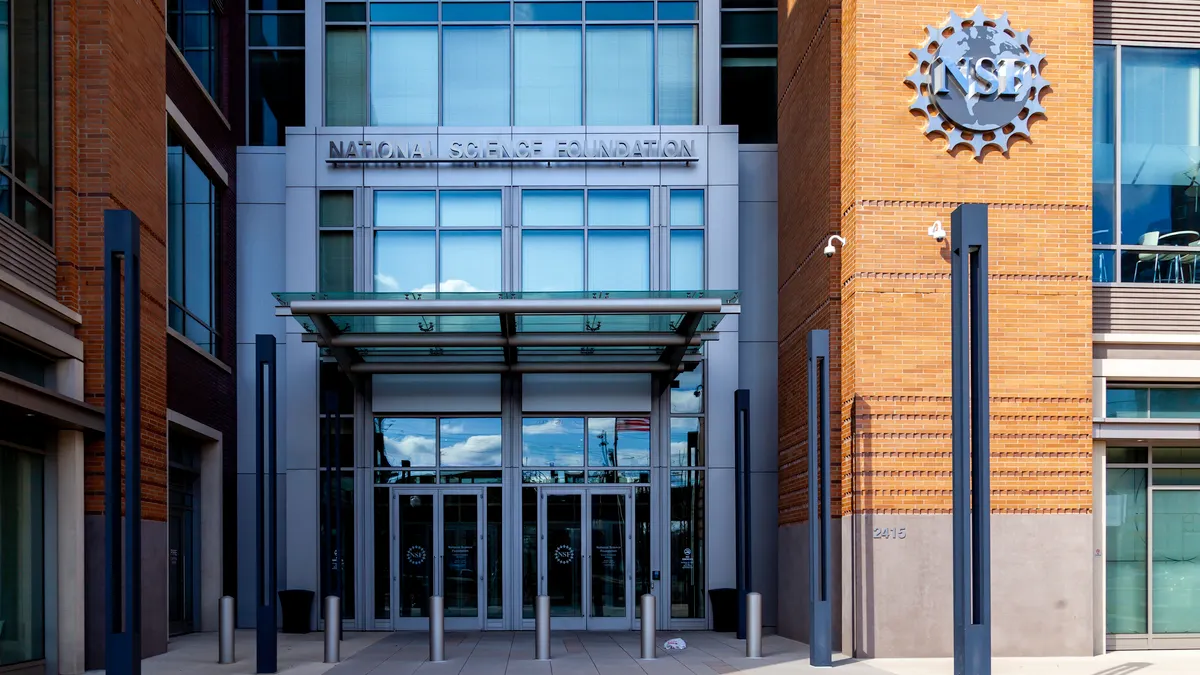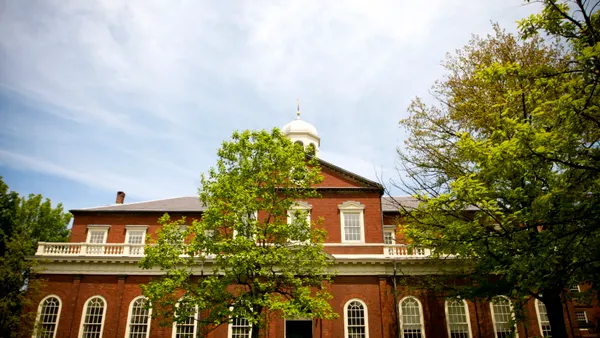Dive Brief:
- In light of the results of a recent nationwide sexual harassment survey, the Massachusetts Institute of Technology (MIT) announced it is expanding its training opportunities, opening a centralized office to respond to discrimination and overhauling its policies around complaints made against staff and faculty.
- The 2019 Association of American Universities (AAU) Campus Climate Survey on Sexual Assault and Misconduct was completed by 33 U.S. colleges and universities, including MIT. According to the results, one in nine MIT students experienced nonconsensual sexual contact and one in six students experienced sexual harassment.
- The announcement comes as forthcoming regulations and a series of sexual misconduct scandals are forcing colleges to revisit how they respond to student complaints of harassment and assault.
Dive Insight:
In the survey, which was released last week, about one in four undergraduate women across the participating campuses indicated that they had been sexually touched without their consent while attending college. Transgender and nonbinary students reported similar levels of nonconsensual contact.
Colleges that previously participated in the survey have caught flak for not releasing their individual results. This year, however, all 33 institutions have or plan to publish their data.
In response to its results, MIT says it will assess which strategies are working — and which aren't — to educate the campus community about sexual assault and prevent it from happening. Other participating universities, including Stanford University and the University of Pittsburgh, are taking similar steps.
"A colleague said to me recently that a community’s culture is defined by the behaviors the community tolerates," MIT Chancellor Cynthia Barnhart wrote in a letter to the campus. "Sadly, we have continued to tolerate deeply disturbing behaviors, and that tolerance has caused pain to many members of our community. Fortunately, I believe we now have the will and the community momentum we need to come together to fix these systemic issues."
AAU's survey found that more students across the 33 participating campuses know what constitutes sexual assault compared to those who took the survey last time it was administered, in 2015. However, many still aren't reporting their results and doubt their institutions would be "very" or "extremely" likely to take them seriously if they did.
High-profile scandals have also caused universities to take a closer look at their educational offerings and prevention efforts. Dartmouth College, for instance, recently agreed to pay $14 million to settle a lawsuit brought by nine plaintiffs who said the institution mishandled sexual assault and harassment claims for more than a decade. The settlement also states the college will add more programming to reduce the risk of sexual misconduct.
Michigan State University also ramped up its educational offerings and added more staff to its Title IX office in response to hundreds of women coming forward as victims of Larry Nassar, a former university sports doctor who sexually abused his patients.
Moreover, the U.S. Department of Education is planning an overhaul of Title IX regulations that would give those accused of sexual misconduct the right to a live hearing and reduce the scope of the cases institutions must investigate. The rules, which have not yet been released in their final form, received more than 100,000 public comments.











